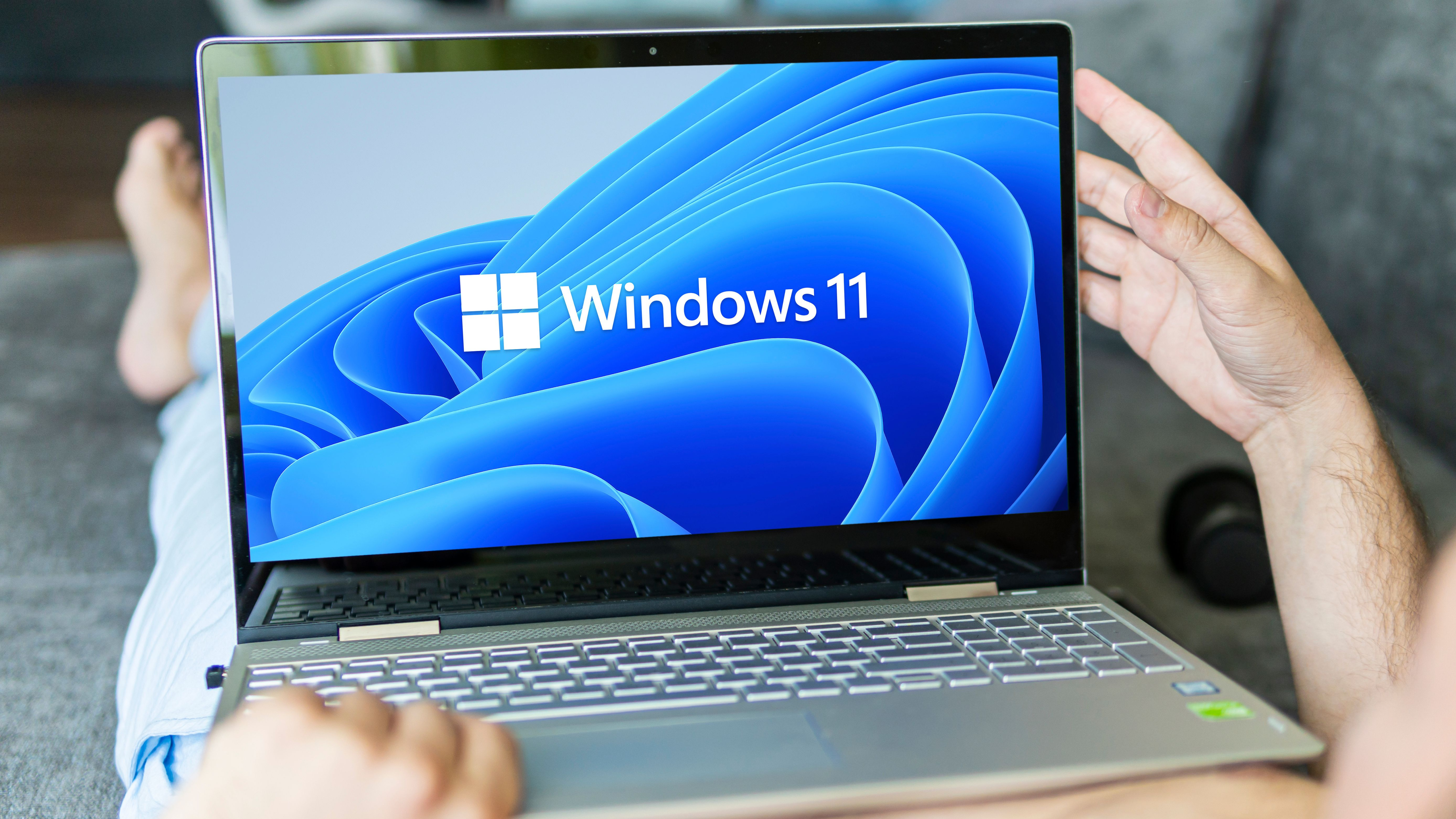Microsoft gives you the chance to jump the queue and roll the dice on Windows 11 updates
Any given update could be a critical hit or a fumble – is it worth running the risk of the latter?

Windows 11 just received an optional update where Microsoft has made a small but important change to the way updates themselves work.
With patch KB5025305, there’s now a switch to flick that allows you to ask for your PC to be prioritized – put at the front of the queue – for non-security updates. Meaning updates that add features (like Microsoft’s new Moments, for example – we still loathe that name) as opposed to those applying fixes to shore up security flaws.
You’ll find this toggle – labeled ‘Get the latest updates as soon as they’re available’ – on the Windows Update page in the Settings app (after you’ve installed KB5025305).
You may have seen this change in test builds previously, but it’s now present in the release version of Windows 11 – albeit still in the form of a preview update.
This optional update will soon become a reality for all Windows 11 PCs, though, as it will roll out to every user as the cumulative update for May (on May 9).
As well as this new ability to head to the front of the queue with Windows updates, KB5025305 further introduces another tweak, this time on the aesthetics front, with some animations added for the Widgets icon on the taskbar.
Analysis: Minimizing your risk profile
First off, we have to say, it’s always good to have a choice, so we applaud the decision to at least give the user the opportunity to receive (feature) updates straightaway. After all, if some capability has been added that you’re desperate for, it’s frustrating when an update doesn’t show up on your PC for what seems like a while (for no apparent reason, even though you keep manually checking).
Sign up for breaking news, reviews, opinion, top tech deals, and more.
So, we get what Microsoft is doing here, but personally, we’d still steer clear of this option, and we’ll tell you just why (naturally). Buckle up, etcetera.
The problem with getting updates immediately is that you’re potentially in the firing line to get hit by a bug (maybe a nasty one if you’re really unlucky).
Now, you could argue – and some folks do – that Windows 11 (and Windows 10) are mostly fine with updates, and the chance of hitting a bug for any given individual user is relatively slim. Granted, we see a lot of reports of Windows 11 problems regularly, but they don’t affect everyone, and some may be very niche issues. You may never know about a bug if you don’t visit a certain corner of the operating system, or use a specific app or game, or don’t have an uncommon device or OS configuration.
But no matter what your view on the overall dangers of Windows update bugs – admittedly ours is more cautious than most, probably – the fact is, there’s still a small chance of being hit by one, whichever way you dice it. And the crucial point here is that if you wait just a short while to receive an update, that chance becomes even slimmer, as early adopters run into stumbling blocks and Microsoft resolves them.
Waiting for a short while just seems the sensible thing to do in terms of minimizing your risk profile, especially for feature updates. Because the only reason you want to grab those early is impatience, let’s face it, as opposed to security updates where there’s a more compelling argument for going in asap, as they fix potentially nasty security holes that could really get you into trouble in some cases.
Lastly, we should remember that this is still a preview update, but we’d be extremely surprised if Microsoft didn’t introduce this change with next month’s cumulative update. (Although it is theoretically possible for any change to be dropped at the last minute, if problems are discovered in this final period of testing).
For us, the most important change Microsoft could make to Windows updates is to resolve those installation failure problems with weird and meaningless error messages – a fix that there’s a slim chance might have just been implemented (though we’re not holding our breath).
Darren is a freelancer writing news and features for TechRadar (and occasionally T3) across a broad range of computing topics including CPUs, GPUs, various other hardware, VPNs, antivirus and more. He has written about tech for the best part of three decades, and writes books in his spare time (his debut novel - 'I Know What You Did Last Supper' - was published by Hachette UK in 2013).